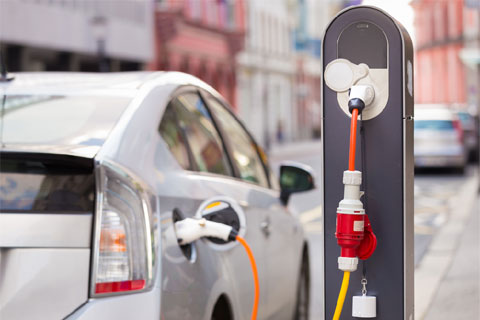Electric-Vehicle Makers Face Sanctions For False Claims

(Beijing) — Chinese regulators are penalizing five electric-vehicle manufacturers that "cheated" on a subsidy program to the tune of 489.4 million yuan ($73.4 million) by making false claims about the number of vehicles they made —sometimes collecting money before any were made at all.
After an eight-month investigation, the Ministry of Finance named the five companies on Thursday, demanded repayment and imposed additional fines.

- PODCAST
- MOST POPULAR




